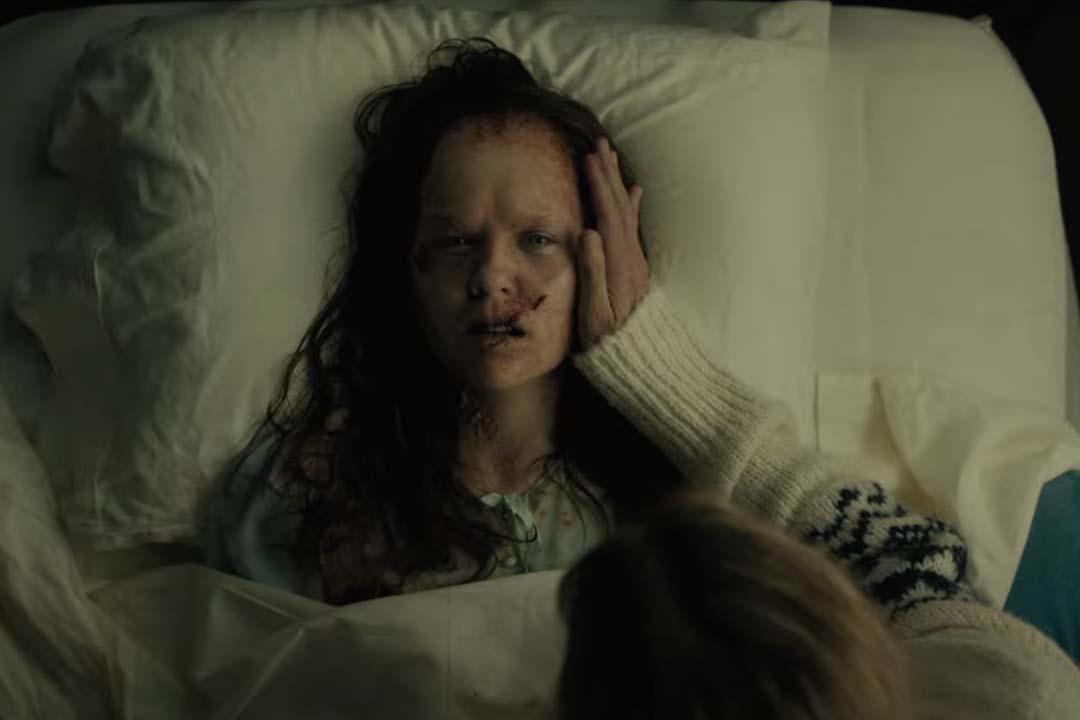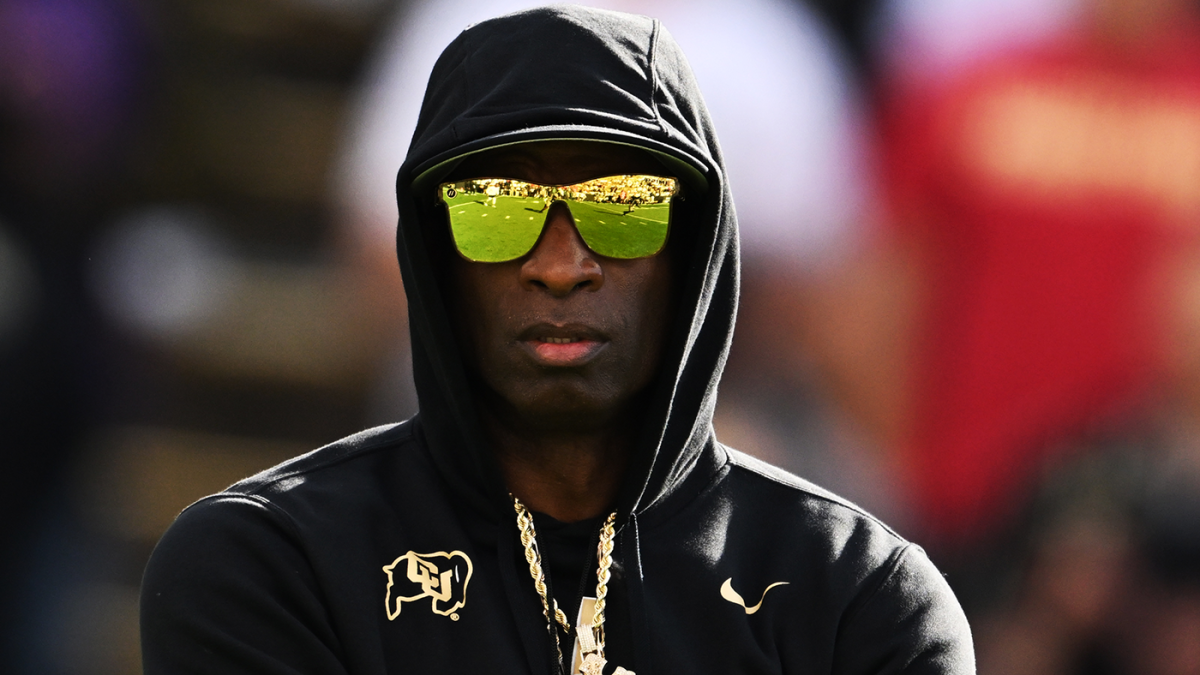
Deciphering ‘The Exorcist: Believer’s $27 Million Opening After Universal & Blumhouse’s $400 Million Franchise Investment
Even with the weight of high expectations and a substantial investment, Universal and Blumhouse faced a challenging weekend with the release of “The Exorcist: Believer.” The studios had acquired the franchise rights from Morgan Creek for a staggering $400 million back in July 2021, but the film’s performance left much to be desired. Despite achieving the best opening among all “Exorcist” movies, with $27.2 million domestically and $45.1 million globally, Universal City found itself in a somewhat somber state.
The critical factor in evaluating the success of Universal’s investment in the Exorcist franchise will unfold in the future, once the remaining two films in the trilogy are released. However, questions loom about the direction the franchise should take from here. Unlike David Gordon Green’s revitalization of the Halloween series in 2018, which saw a blockbuster opening of $76.2 million domestically and grossed nearly half a billion worldwide with three films, “The Exorcist: Believer” failed to resonate in a similar fashion.
It’s worth noting that the recent Halloween films, “Halloween Kills” and “Halloween Ends,” had their box office sales impacted due to a simultaneous release on Universal’s streaming service, Peacock. Nevertheless, Halloween proved to be a significant driver of subscriptions for Universal, prompting them to adopt a day-and-date theatrical release strategy for Blumhouse’s upcoming adaptation of the popular video game, “Five Nights at Freddy’s,” on October 27. Notably, the $30 million production cost for “The Exorcist: Believer” does not include backend deals.
Universal’s decision to acquire the Exorcist franchise was made in a different landscape, one where studios were still skeptical about simultaneous theatrical and streaming releases amidst the pandemic. The deal encompassed various aspects beyond film production budgets, including talent buyouts, backend rights, producer fees, leveraging the intellectual property across Universal’s portfolio (such as theme parks and Halloween Horror Nights), and boosting viewership on Peacock. “The Exorcist: Believer” follows a 45-day theatrical window before it lands on Peacock. While there are no definite plans for the next two Exorcist movies, the possibility of a simultaneous theatrical and streaming release remains open.
However, it’s become apparent that “The Exorcist” is not “Halloween.” The sequels to the 1973 horror classic, despite their best efforts, have never managed to replicate the critical or commercial success of the original, currently standing at a mere 23% approval rating with critics on Rotten Tomatoes. The Exorcist brand has been diluted over the years, with numerous imitations and spin-offs like Screen Gems’ “The Exorcism of Emily Rose” and Lionsgate’s “The Last Exorcism.” It lacks the iconic legacy of characters like Jamie Lee Curtis’ Laurie Strode and Michael Myers.
What’s evident is that “The Exorcist: Believer” doesn’t quite capture the essence of a spiritual sequel or reboot in the same vein as “Halloween.” This sentiment was echoed by audiences, as the film received a “C” CinemaScore, mirroring the reception of “The Exorcist III” (1990) and “The Exorcist: The Beginning” (2004).
Moreover, Ellen Burstyn’s character, Chris MacNeil, doesn’t quite measure up to the iconic Laurie Strode. The development process for “The Exorcist” saw significant back-and-forth before settling on a plot centered around a single father (played by Oscar nominee Leslie Odom, Jr.) whose daughter becomes possessed after a mysterious disappearance in the woods. Reportedly, Odom Jr. walked off the set during production, but the film’s shortcomings are attributed more to its lackluster setup.
Originally, Universal had scheduled “The Exorcist: Believer” for release on Friday the 13th of this month, but AMC’s Taylor Swift concert tour occupied that date. However, the timing wasn’t the primary issue for the film; it ultimately came down to execution.
Online discussions around the film often questioned the need for remakes, with many wondering why one would tamper with the iconic horror classic. While horror has proven to be a lucrative genre during the pandemic, “The Exorcist: Believer” fell slightly short of expectations, with its opening falling in line with other genre releases like “Evil Dead” ($24.5 million), “Smile” ($22.6 million), “The Black Phone” ($23.6 million), and “Nun II” ($32.6 million). However, it’s worth noting that the ongoing actors’ strike and the inability of performers to promote their work have had a noticeable impact on ticket sales. Studios cannot rely solely on promotional efforts through social media, premieres, and festivals, as the success of 2018’s “Halloween” demonstrated when it debuted at TIFF’s Midnight Madness.
The larger issue at hand is the combination of the shortage of new content and the effects of the actors’ strike on the domestic box office. This weekend’s overall ticket sales amounted to $76.4 million, a 30% increase compared to the previous year when “Smile” was in its second weekend. However, it’s a 41% drop from 2021, when theaters reopened and big blockbusters made their return (notably “Venom: Let There Be Carnage” led the charts), and a substantial 49% decrease from the same weekend in October 2019, when “The Joker” dominated the box office with a $150.56 million result.
Despite these challenges, “The Exorcist: Believer” did manage to generate substantial buzz in the social media landscape, with a social media presence of 214.3 million, surpassing that of comparable horror franchises by 32%. Nevertheless, the absence of late-night talk shows, premieres, and the cast’s limited presence on social media may have contributed to the film’s softer online intensity. However, promotional materials did include behind-the-scenes videos featuring the cast, offering an alternative approach to building excitement. The first trailer for “The Exorcist: Believer” was unveiled to exhibitors at CinemaCon in April.
In the ever-evolving landscape of the film industry, it’s clear that reimagining a classic like “The Exorcist” presents unique challenges, and the expectations set by previous successes in the horror genre cannot be taken for granted. As studios adapt to changing audience preferences and consumption patterns, finding the right balance between tradition and innovation becomes increasingly crucial.



